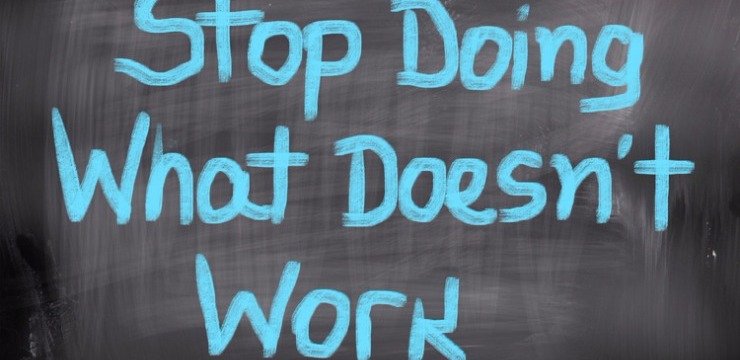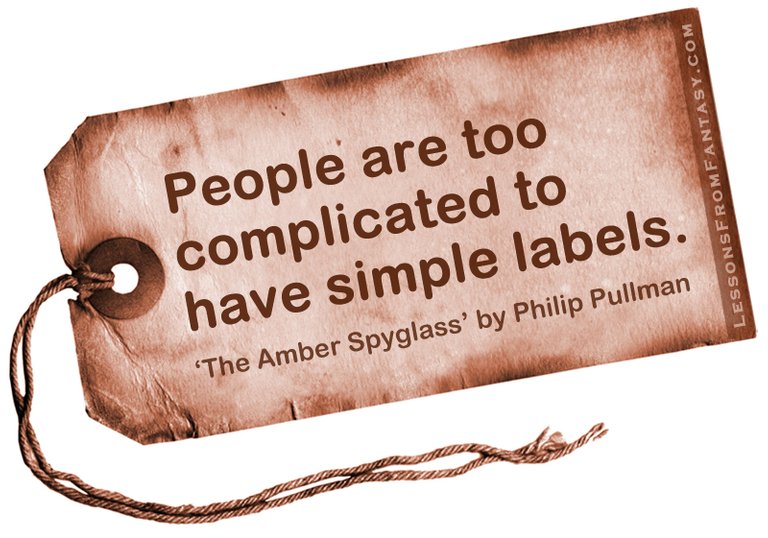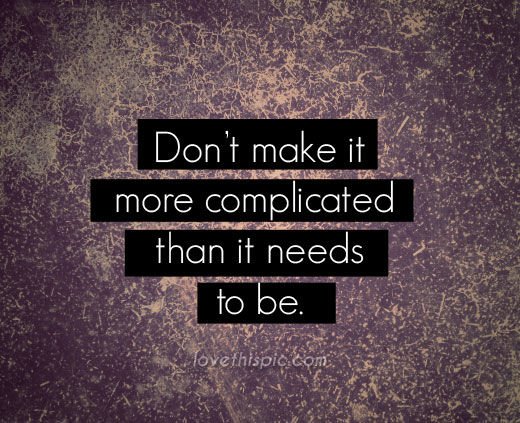As Albert Einstein so famously said, “The definition of insanity is doing the same thing over and over again, but expecting different results”.
I was chatting to a friend of mine who has a very complicated relationship with her family - as many of us do - and seems to run her head into a brick wall over and over attempting to connect and reconnect with them.

It's an ongoing issue in her life and I do my best to offer honest and good advice when she asks for it. I understand where she's coming from and how much she wants their love but I also know her well enough to know that she can be very reactive and over sensitive and I care about her enough to tell her.
The problem is that the rest of her family have a very different way of handling difficult and/or emotional situations and it is not head on whereas my friend wears her heart on her sleeve and can be a bit like a bull in a China shop when it comes to a sensitive issue.
When you're emotional you become a target for people to label you as dramatic and so begins a pattern of eye rolling every time you get upset.
Also it can be so easy to fall into the role of the victim or take on the persona you have been constantly labeled with.

It makes communicating how you feel effectively and positively very difficult, unless you change your approach.
My friend gets jealous of and hurt by her siblings seemingly close relationship but what I
reminded her of tonight is that they ask a lot less from each other. If they meet for a beer, that's it - they meet for a beer, whereas with her, because she's seeking their affirmation it may start as a beer but it always ends up as an attempt to connect.

If you're not looking for a deep conversation being chucked into one can be both uncomfortable and draining.
She has to make it easier and lighter for them to be around her and change her approach with the family as a whole therefore stopping the pattern of emotional outbursts followed by breaks in communication.
She looses all credibility the second she lets her hurt become anger.

It's hard to change and it's especially hard to change with family. But you can. The key is that you have to be the one to change, and that change has to be permanent - not just long enough for you to decide no one else has and revert to previous behaviours.
They might never change but you can change how they behave towards you if you change how you behave towards them. It starts and ends with you.
Talking to her reminded me of how far I've come with my parents. A few years ago I
realized that the only way to end the horrible cycle of fighting and making up that we had
fallen in to was to change myself.
Firstly I finally recognized they weren't just my parents - they were people struggling on this impossibly difficult journey we call life, just like I was. That gave me a whole lot more empathy for them than I'd had before.
Secondly I changed my approach. I softened, I bit my tongue, I stopped looking for apologies and admittances. The transformation was almost immediate. We are closer than most families and my mum went from being my (verbal) sparring partner to my best friend.
I love my parents more than I could ever put into words, I always have but it took changing my attitude and perspective to get the most out of that love.

However, no matter how long it's been, the second I revert to my previous ways - getting impatient with my dad or insensitive with my mum - boom, we're back to before - literally in one conversation. So it's on me to continue the change.
And that can be the tricky bit; your efforts aren't always recognised or matched which makes it hard to keep going, especially when there are areas you feel indignantly righteous about. But you just have to weigh up what's more important, being right or being loved. For me the answer is simple.
I think I got through to her tonight, I hope so. It certainly served as a reminder of how far we've come and how difficult yet incredibly simple the change can be.
Love,
Daisy xx
( @daisyd )
This post has been ranked within the top 80 most undervalued posts in the first half of Feb 10. We estimate that this post is undervalued by $3.30 as compared to a scenario in which every voter had an equal say.
See the full rankings and details in The Daily Tribune: Feb 10 - Part I. You can also read about some of our methodology, data analysis and technical details in our initial post.
If you are the author and would prefer not to receive these comments, simply reply "Stop" to this comment.